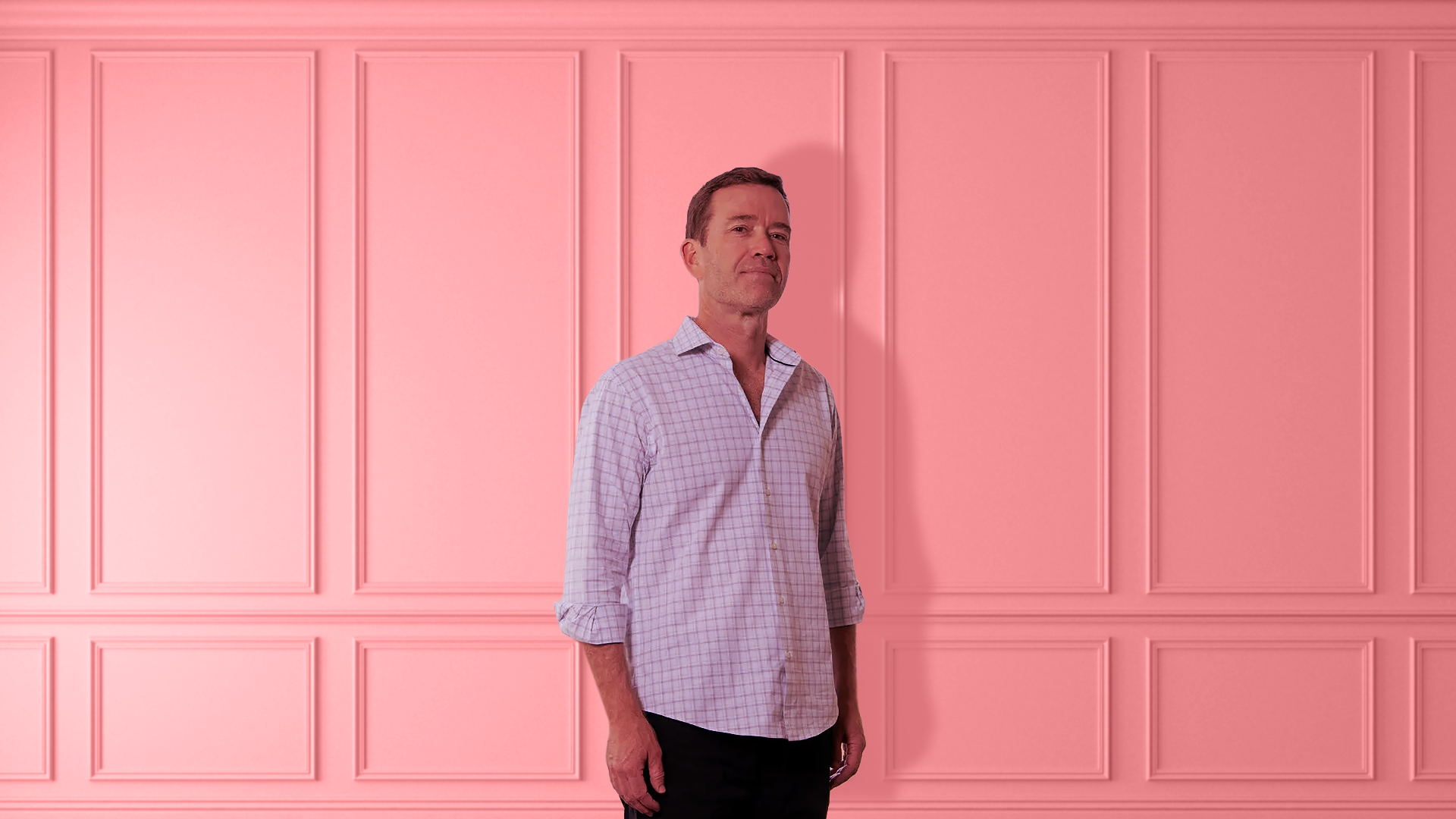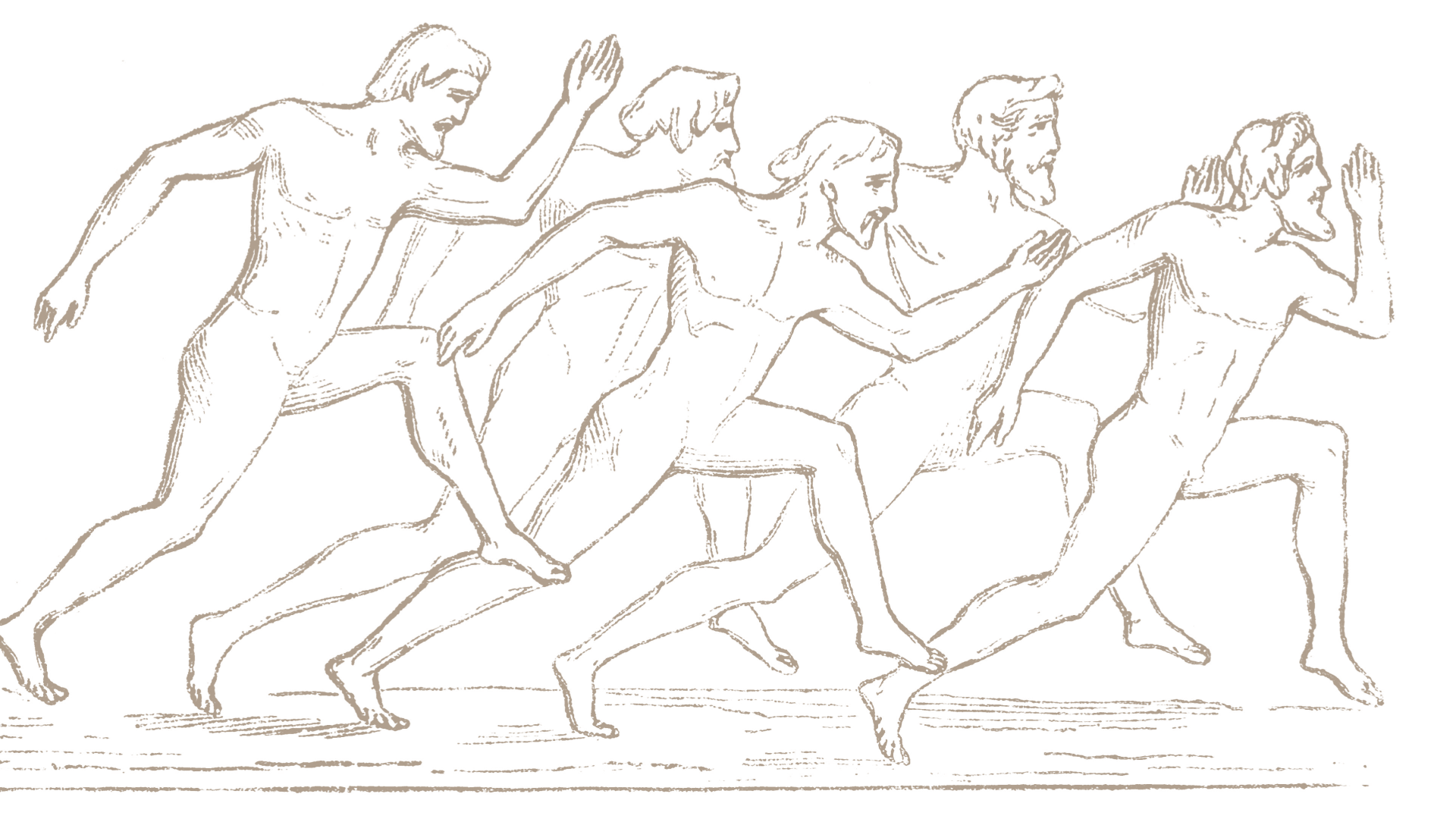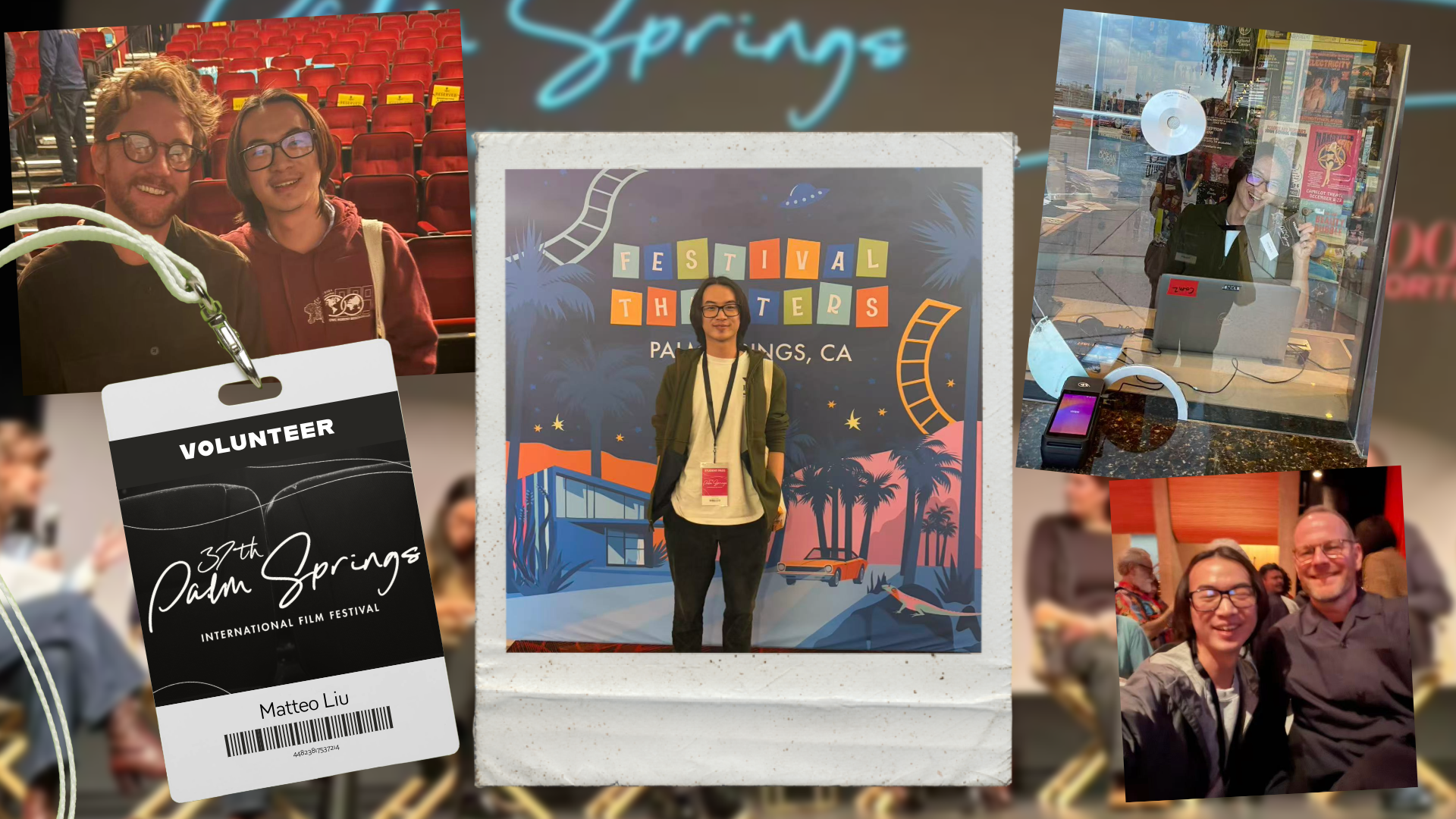Unraveling Orthodoxy: McGee Professor and Poet Kazim Ali
September 15, 2017
Poetry is, for Kazim Ali, a way of living in the human body. Ali, whose work World Literature Today calls "tenderly devastating, engagingly disorienting," has joined the college as McGee Distinguished Professor of Creative Writing.
In this Q&A, Ali explores meaning in the music of written words, writing for performance, the personal and the universal, the architecture of yoga, Muslim heritage in "Trump's America," unraveling orthodoxies and what's next.
Your latest book, "The Secret Room: A String Quartet," is written as a piece of music. What was your biggest challenge in this creation?
The book was written a strand at a time, a manuscript page at a time, on musical staff paper that I hand-notated as I was going. I was "harmonizing" the voices if you will, to create a nuanced and cadenced (in the musical as well as literary senses) piece of music. I was also improvising the plot as I went along. The sections of the book that appeared in prose were also originally written in musical lines as solos and it was only later that it occurred to me they might work as prose sections.
There is a verse section about two-thirds of the way through the book that I wrote at the very end because it recaps themes brought up earlier in the work as well as anticipates languages, images and themes that do not occur until later–like a piece of music, the moment looks backward and forward at once.
A Staged Reading of "The Secret Room: A String Quartet” by Kazim Ali, the McGee Distinguished Professor of Writing, will take place at 7 p.m., Tuesday, Sept. 26, in the Duke Family Performance Hall, Knobloch Campus Center. The performance is directed by Ryan Rotella ’17 and sponsored by the English Department and Theatre Department. The event is free, open to the public and will be streamed live on Kazim Ali's Facebook page. Learn more about upcoming literary arts events.
What advice would you give readers for how to approach the work?
I like that there are multiple ways of reading the book–you can follow one character forward or you can read a page at a time backtracking more frequently; one can also read visually the way we read screens, or one can even read it line by line down and it reads more like poetry, though the grammar frequently parses properly.
What do you look forward to in the staged reading of "The Secret Room" that you are planning at Davidson?
Because the idea of the aural and musical figured so prominently in the work, I am excited about the staged reading. I have staged scenes of it before but this will be the first full staged reading of the work, and it will be acted and directed by students from Davidson. I am very much looking forward to seeing how they work with and interpret the text. Part of the pleasure of being a writer for performance is seeing how others take the work and bring their own bodies and breath to it, make it new in space.
How does your own Muslim Indian, Iranian and Egyptian heritage play out in your work in America today?
At the beginning of my publishing career, during the post 9/11 period and during the military incursions in Afghanistan and Iraq, I felt some internal drive to represent Muslim culture and try to humanize the conflict. Now, in Trump's America, I find myself wanting to pull away from broader social writing and toward the very personal. The gamble is that, as Amy Tan has pointed out, the very personal will become the social and universal. There are also a lot more younger Muslim writers and poets with great visibility, and so I am not a lone wolf in the wild wood of American literature anymore.
How does yoga work as part of your own creative process?
Yoga taught me that the body and the breath each have architectures. That structures of poetry come from this body and its perceptions. The philosophies of yoga taught me how to understand the nature of perception and try to see deeper and clearer. Dance and poetry are joined practices for me and I choose neither of them over the other, but each is intertwined and intimately so.
At the No Cure for Madness reading in Los Angeles this year, you read from work that "transgresses mainstream and heteronormative norms of both body and spirit." Is there a passage you could share to illustrate that transgression?
My new book, "Inquisition," is fully poems that travel exactly this crooked and fraught road. We are meant to understand ourselves as separate from each other and separate from God. We are meant to understand that human is flawed and temporary and divine is perfect and everlasting. We are meant to believe that we have to behave in this life in a certain way in order to come into the proximity of God. But how can something supposedly everlasting and boundless have "proximity"? Or distance? Orthodoxies unravel under examination. A poem that opens space in the brain and the body is one that knows the world in a different way.
Why is art important in 2017?
It may or may not be "important." But the creative impulse is who we are and how we live. Religious and spiritual practice springs from the same impulse as does the urge to community and social activism–we are trying to shape a world to live in. I believe every person has in them the sources for poetry, dance, music, performance, drawing or painting or sculpture–it is just a matter of aptitude, skill and dedication and devotion. So some people may make their lives at an art and others may enjoy it as amateurs.
The true goal of creativity is empathy and connection and inclusion. When it is used to exclude or create hierarchy, that is a misuse or abuse of the original urge of poetry.
What are you teaching at Davidson?
I'm teaching two courses at Davidson: one is a poetry writing course where we read a lot of great poetry and talk about it, and write poetry as well. The second course is a seminar that looks at letters, diaries and notebooks as literary forms. There was a time in history when some writers, particularly those from marginalized communities, did not have access to mainstream literary forms of the day, such as poetry or novels. Their literary production was in these daily quotidian writings that were not considered "literature."
But what happens when we apply the attention of a reader of literature to, for example, a letter from Emily Dickinson to her cousin? In addition to looking at some of the examples of these writings from days past we will also be reading works by contemporary writers who have taken on these forms as their own, by choice rather than necessity.
What's next artistically for Kazim Ali?
I'm working on a new (still untitled) book of poetry, as well as a nonfiction book about my experiences teaching yoga in the Palestinian territory of the West Bank. I am also writing a shorter piece, likely to be a magazine article, about growing up in the northern part of Manitoba where my father worked as a hydroelectric engineer on one of the projects damming the Nelson River in the 1970s. The building of the dam had long term deleterious effects on the Pimicikamak Cree people who still live on reserve land called Cross Lake. I visited Cross Lake and my old hometown (which exists on maps but not on the land) this past spring and am writing about that experience.
McGee Professorship
Ali was born in the United Kingdom to Muslim parents of Indian, Iranian and Egyptian descent. The poet, editor and prose writer earned bachelor's and master's degrees from the University of Albany-SUNY, and an M.F.A. from New York University. His books include several volumes of poetry, including "Sky Ward," winner of the Ohioana Book Award in Poetry; "The Far Mosque," winner of Alice James Books' New England/New York Award; "The Fortieth Day"; "All One's Blue"; and the cross-genre text "Bright Felon." His novels include "Quinn's Passage" and "The Disappearance of Seth."
Ali is an associate professor of creative writing and comparative literature at Oberlin College. His new book of poems, "Inquisition," will be released in the spring of 2018.
Ali visited Davidson in the spring semester to judge the Vereen Bell Memorial Award in Creative Writing competition.
The McGee Professorship, established in 1988 by John '43 an Ruth McGee, has brought to campus a wide range of creative writers and artists, including Dorothy Allison, Susan Allport, Pinckney Benedict, Jill Ciment, Henri Cole, Maria Irene Fornes, Douglas Glover, Diana Hume Georges, Josephine Humphreys, Maxin Kumin, Thomas Mallon, Robert Morgan, Rona Munro, D.A. Powell, Davidson alumna Sheri Reynolds, Stephen Sandy, Therese Svoboda and Al Young.
John Syme
josyme@davidson.edu



